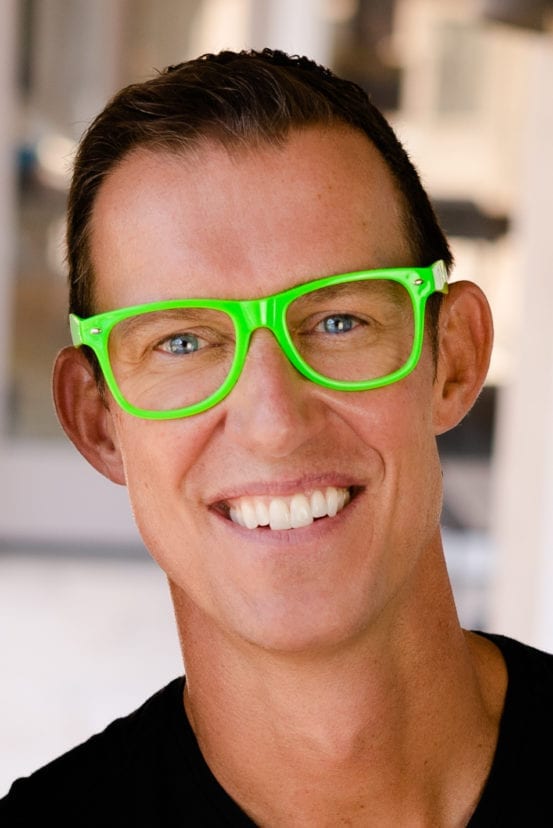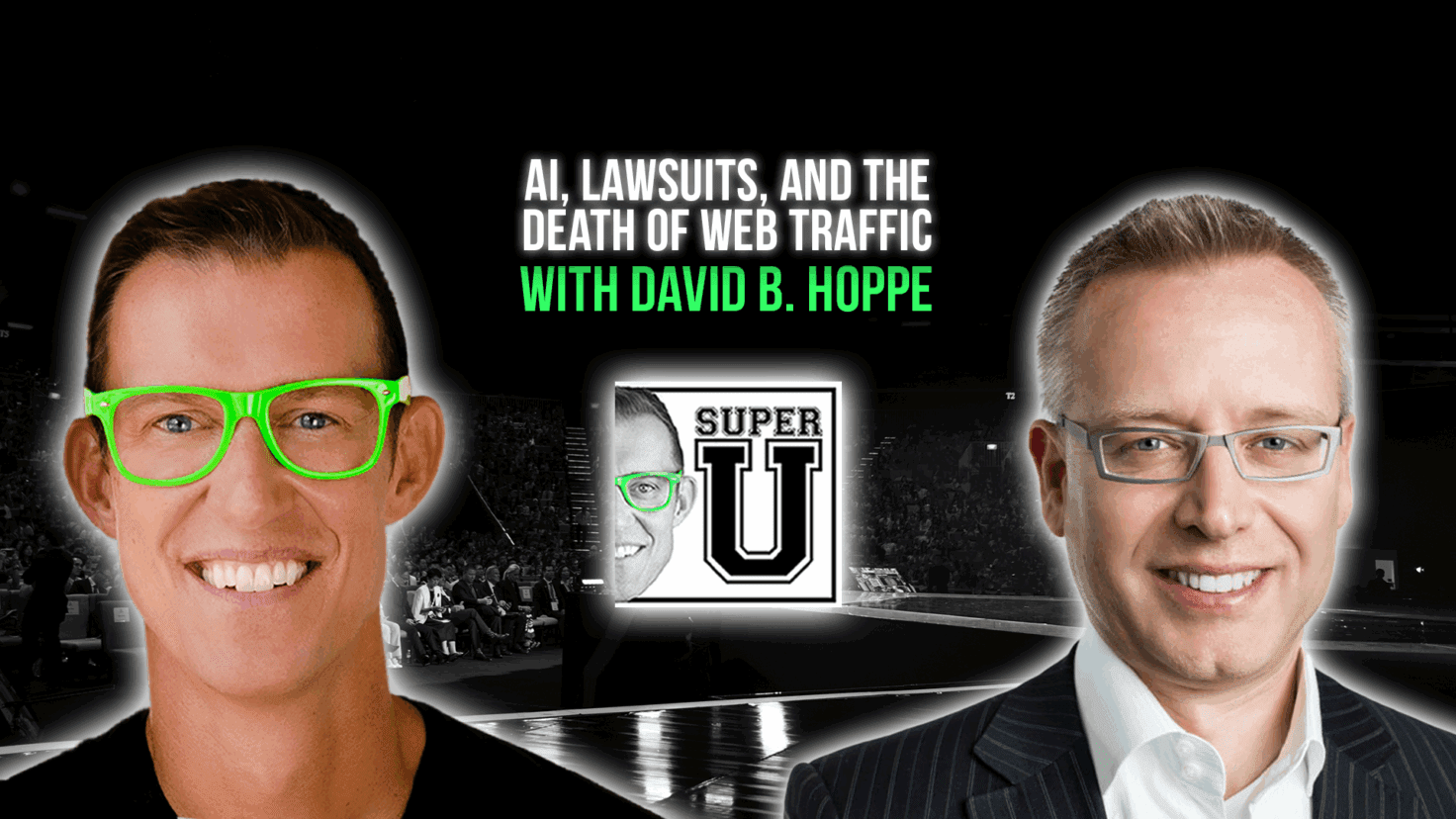Super U Podcast | 7 Super Tips with Tim Cook
Apple CEO Time Cook gives us insights on privacy, being the first openly gay CEO of a Fortune 500 company, the metaverse, businesses’ role in political landscapes like China/Russia, working with today’s youth, and when and if machines will take over the world.
Tim Cook is the CEO of Apple and serves on its board of directors. Under his leadership, Apple became the first 1 trillion-dollar company, 2-trillion-dollar company, and 3-trillion-dollar company. Cook is a fitness enthusiast and enjoys hiking, cycling, and going to the gym. He is an early riser and claims to get out of bed at 3:45 am each morning. After waking, he likes to get into it straight away and will work for 45 minutes before hitting the gym at 5 am. Cook became the first chief executive of a Fortune 500 company to publicly come out as gay. Cook earned an MBA from Duke University, where he was a Fuqua Scholar and a Bachelor of Science degree in Industrial Engineering from Auburn University.
5x #1 Bestselling Author and Motivational Speaker Erik Qualman has performed in over 55 countries and reached over 50 million people this past decade. He was voted the 2nd Most Likable Author in the World behind Harry Potter’s J.K. Rowling. Qualman is also the inventor of the bestselling board game Kittycorn.
Need a sneak peek? Below are the main takeaways from the episode.
Super U Podcast | 7 Super Tips with Tim Cook
[8:52] Tip #1
“It was I’m not exaggerating, but it was a privilege of a lifetime. Now we have different styles. And indifference was celebrated not you know, not ostracized. He selected me to be CEO. He didn’t select someone like him. I don’t think anyone is like him. And I’ve always felt that Steve was not replaceable. And I still feel like that today. I don’t feel like I replaced him. When I think when you follow someone, particularly someone that has done a great job if you have the pleasure of doing that your role is not to do what they did. It’s to be yourself and do what you do and things that you don’t do as well as they do. You want to make sure that the puzzle around you fits things that you might be able to do better. You want to find ways to amplify those. And so I think Steve did me an incredible favor, in telling me a couple of times toward the end, to not ever ask what he would do to just do what I thought was right. And that was like, removing this huge weight. And I have stayed true to that commitment I made to him that I would not do that.”
[10:38] Tip #2
“I think the power is now shifted to the user. And that has been what Apple has always been about giving the power from the institution to the user. And I am very hopeful that great things are gonna happen if I don’t subscribe to the machines taking over the world. And I don’t worry about that I worry much more about people thinking like machines.”
[11:18] Tip #3
“You know, we’re not pushing on things like this, we’re not pushing on getting every kid to learn to code, I think every kid in America or in the world actually should learn to code. Because I think it’s the most important second language you can learn. It’s a global language. And there’s no such thing in the world. It’s the only one. And it’s a way to express yourself whether your passion is in the sciences or the arts, it’s a way to express yourself. And I think the software is sort of touching our lives everywhere.”
[14:02] Tip #4
“I think that we have a responsibility as a business to do business in as many places as we can. Because I think business is this huge catalyst, I believe in what Tom Watson said, is world peace through world trade. I have always believed that. And so I think we should be about not, you know, not pulling up the drawbridge. But we should be about building bridges. And so I think that’s key for business. You know, we interface with every administration with both political parties. We have always done that. And we will always do that because we think engagement is the right approach, regardless, and I feel that way internationally as well is that engagement is the right approach.”
[15:33] Tip #5
“You know, we don’t view it as a trade-off because it’s so ingrained in the way we think of things like the new iPad, and iPad Mini have 100% recycled aluminum in there as the enclosure, the antenna of the new iPhone 13 is made from upcycled plastic models. It’s, it’s just the way that our process now works. It’s so deeply embedded in the company, it’s not a bolt-on. And so we don’t have, you know, engineering and then another group on the side that worries about environmental engineering worries about the environmental impact of the products. And, it’s not a burden that we feel to do that it’s not a trade-off, we fail to do that. It’s just it’s how we approach it at this point.”
[17:25] Tip #6
“you have to have a board and a CEO and a sort of a top-level management team that is willing to put aside the stock price. Because if you’re making a decision based on the investor, short-term investors, you’re going to be guaranteed to be making terrible decisions. And so this is like number one, two, and three. If you do that, it will set the tone in the organization. And so I look at the investments we make, the big ones are all multi-year sometime, you know, five, 710 years out. And so what you have to do as a CEO on the board is you have to look yourself in the mirror and say, I’m going to take the heat. And I’m going to tell my investors, we welcome all of you. But if you’re short-term, I’d really advise you not to get in, because it’s not how we’re going to make our decisions.”
[19:20] Tip #7
“Well, I would start with I do not see them personally as a lost generation. I reject that characterization. I think the young people that I talk with are very values-driven. And I see this in the love they have for the planet. I see this the in the way they support human rights for all people. I see it in so many different areas. I see it in what they choose to work on. And so what I see are people identifying problems with society. And then putting all of themselves into creating a solution for the problem. And I think I think these young people are, will be at the very root of many of the solutions to today’s problems.”
Connect with Tim Cook:
Twitter: @tim_cook
Click here to subscribe and listen to the full episode.

To ensure you don’t miss future episodes, subscribe to our podcast by clicking here >> Super U Podcast. We hope these tips help unlock and unleash your inner superpower!
The Super U Podcast is hosted by #1 bestselling author and Motivational Speaker Erik Qualman.




